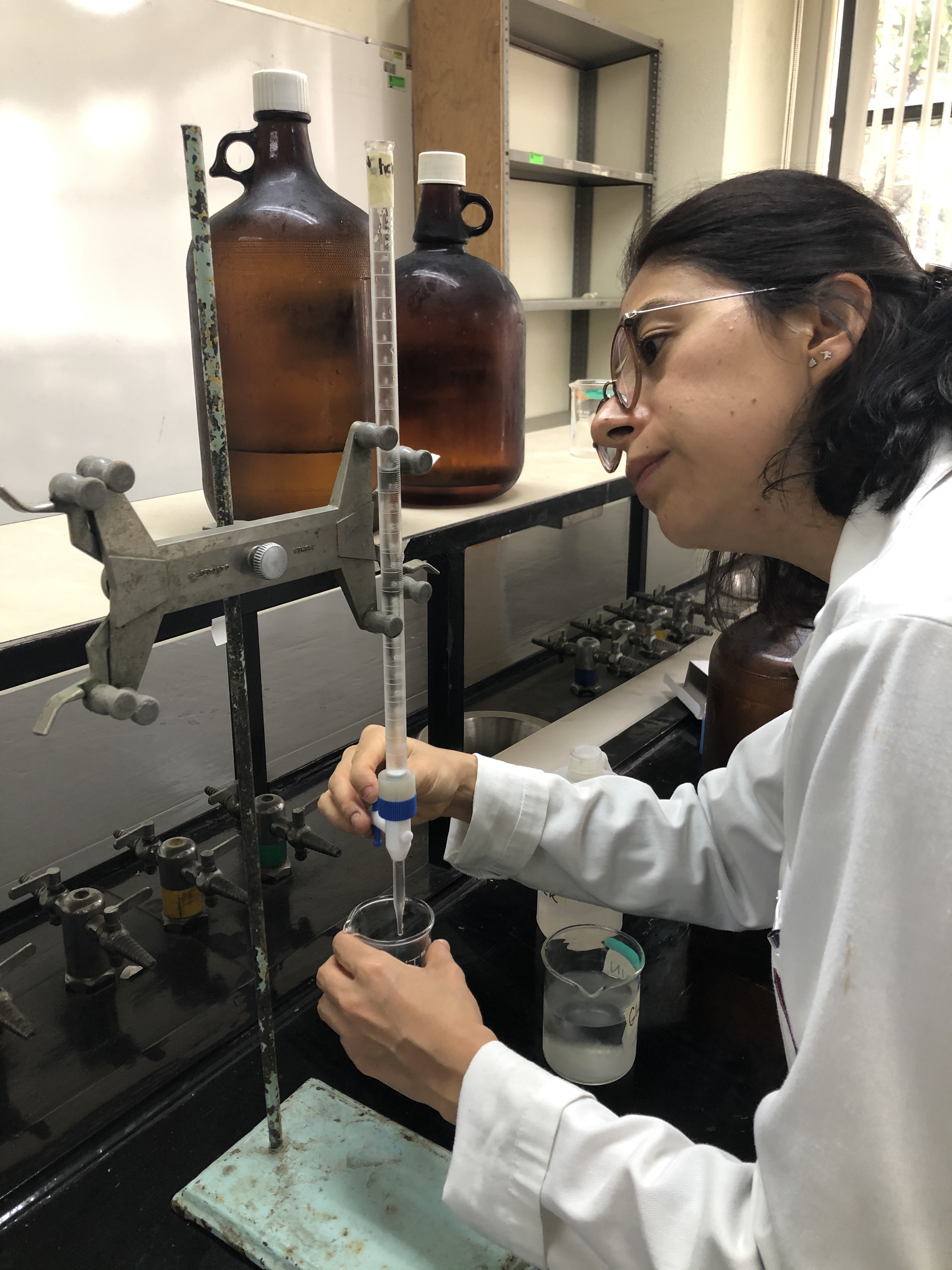
Intensive efforts, over the last decade, have been made to inhibit the kinase activity of cyclins that act as mediators during cell-cycle progression. Activation of the cyclin D1 oncogene, often by amplification or rearrangement, is a major driver of multiple types of human tumors including breast and squamous cell cancers, B-cell lymphoma, myeloma and parathyroid adenoma.In this review, the authors summarize the activity of cyclins and cyclin-dependent kinases in cell-cycle progression and transcription. They focus on cyclin D1/CDK4/CDK6, a central mediator in the transition from G1 to S phase. Furthermore, the authors discuss the first generation of pan-cyclin-dependent kinase inhibitors that failed to meet expectation and discuss, in detail, the second generation of highly specific cyclin D1/CDK4/CDK6 inhibitors that are proving to be more efficacious.The mechanism by which cyclin D1 drives tumorigenesis may be dependent on kinase and kinase-independent functions. Further evidence is necessary to delineate the roles of cyclin D1 in early pre-neoplastic lesions where its overexpression may promote genomic instability in a kinase-independent manner.








